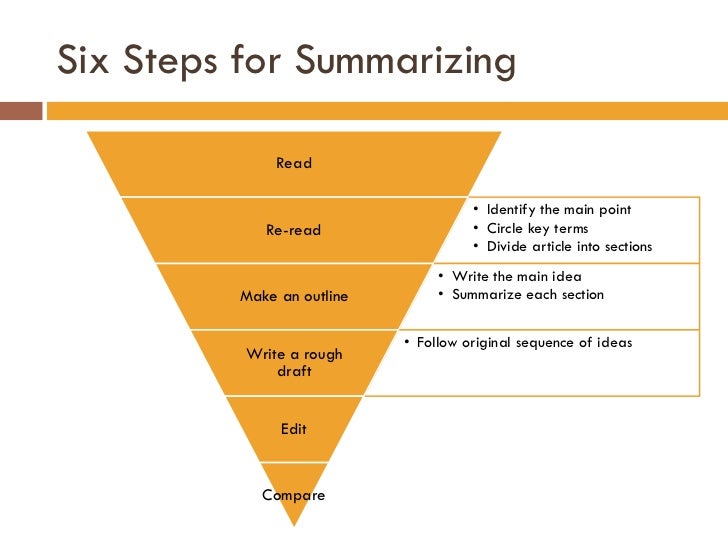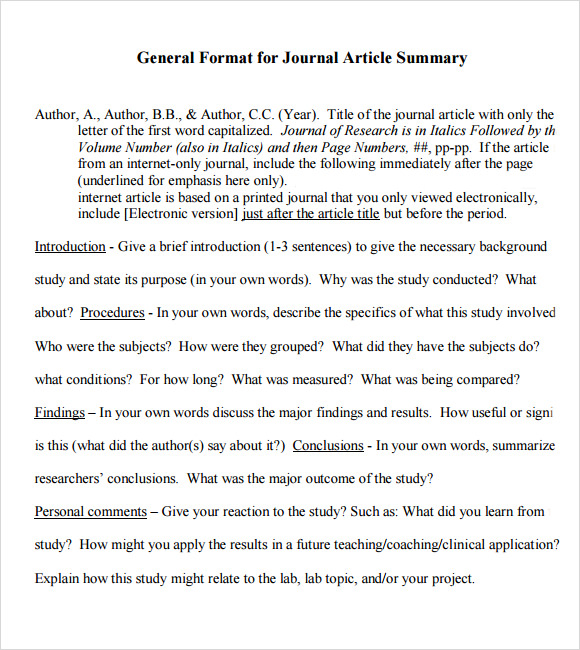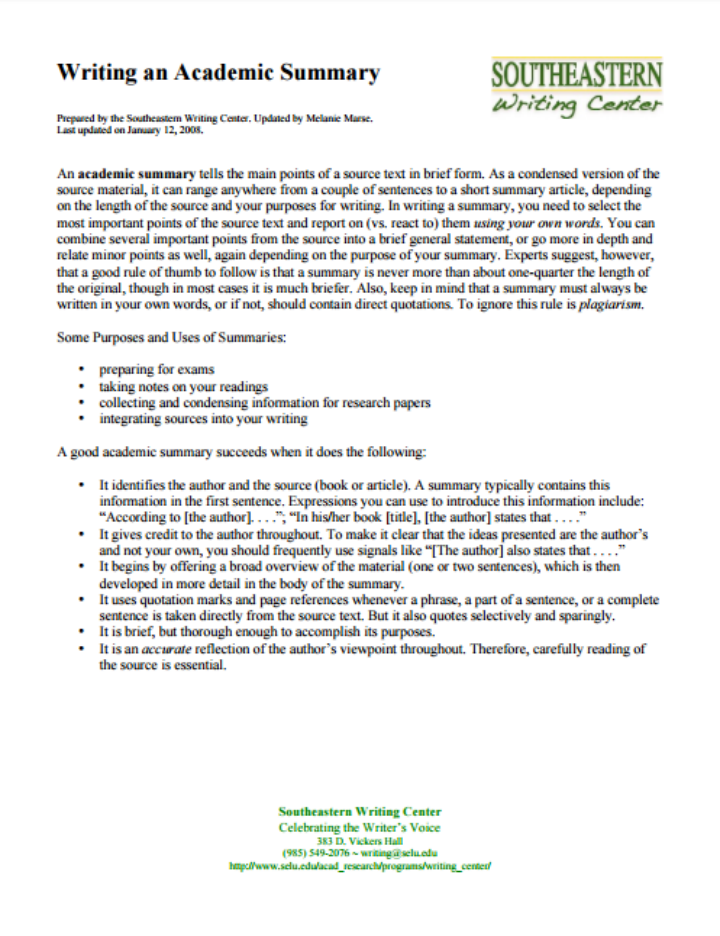

Rather, you must identify, explain, and analyse the main point and how it is supported. For example, if you are summarizing Smith’s article about the causes of the Bubonic plague in Europe, your summary should be about Smith’s article: What does she want to find out about the plague? What evidence does she use? What is her argument? You are not writing a paper about the actual causes of Bubonic plague in Europe.įurther, as a part of critical reading, you will often consider your own position on a topic or an argument it is tempting to include an assessment or opinion about the thesis or findings, but this is not the goal of an article summary. In an article summary, your job is to write about the article, not about the actual topic of the article. The most common problem that students have when writing an article summary is that they misunderstand the goal of the assignment.

Political Studies, Biology, or Anthropology). Professors ask you to write article summaries to help you to develop essential skills in critical reading, summarizing, and clear, organized writing. Furthermore, an article summary requires you to read a scholarly article quite closely, which provides a useful introduction to the conventions of writing in your discipline (e.g. For argumentative articles, the summary identifies, explains, and analyses the thesis and supporting arguments for empirical articles, the summary identifies, explains, and analyses the research questions, methods, findings, and implications of the study.Īlthough article summaries are often short and rarely account for a large portion of your grade, they are a strong indicator of your reading and writing skills. in N.A.An article summary is a short, focused paper about one scholarly article that is informed by a critical reading of that article. Introduction to Illustration/Example Essay."Shooting an Elephant" by George Orwell.APA Citation Style, 6th edition: General Style Guidelines.Quoting, Paraphrasing, and Avoiding Plagiarism.Comparative Chart of Writing Strategies.Matters of Grammar, Mechanics, and Style.Instructor Resources (Access Requires Login).12) Write a last sentence that “wraps” up your summary often a simple rephrasing of the main point. Finally, she states “… passage 3…” (para. Didion also writes “… passage 2…” (para.8).

According to Didion “… passage 1…” (para.3). In the essay Santa Ana, author Joan Didion’s main point is ( state main point). Write a last sentence that “wraps” up your summary often a simple rephrasing of the main point.Why? Because defending claims with source material is what you will be asked to do when writing papers for your college professors. Using source material from the essay is important.Cite each passage by first signaling the work and the author, put “quotation marks” around the passage you chose, and put the number of the paragraph where the passages can be found immediately after the passage.Copy word-for-word three separate passages from the essay that you think support and/or defend the main point of the essay as you see it.Identify in order the significant sub-claims the author uses to defend the main point.A summary contains only the ideas of the original text. Do not insert any of your own opinions, interpretations, deductions or comments into a summary.A summary is written in your own words.A summary begins with an introductory sentence that states the text’s title, author and main point of the text as you see it.When writing a summary, remember that it should be in the form of a paragraph.If they can not summarize the main idea of the paragraph, they know that comprehension has broken down and they need to use fix-up strategies to repair understanding. They understand that if they can write a one- or two-sentence summary of each paragraph after reading it, then that is a good sign that they have correctly understood it. Proficient students may monitor their understanding of a text by summarizing as they read.

And, if you truly learn the subject, you will still be able to summarize it months or years from now. If you cannot summarize a subject, even if you have memorized all the facts about it, you can be absolutely sure that you have not learned it. Proficient students understand that summarizing, identifying what is most important and restating the text (or other media) in your own words, is an important tool for college success.Īfter all, if you really know a subject, you will be able to summarize it.


 0 kommentar(er)
0 kommentar(er)
